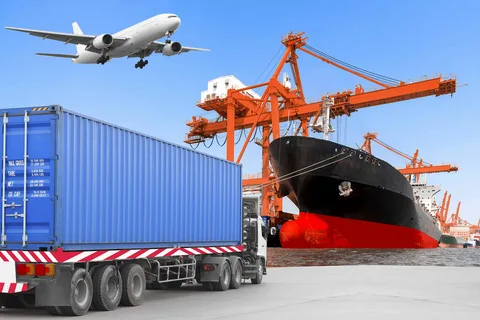As one of the fastest-growing economies in South Asia, Pakistan presents a wealth of opportunities for businesses looking to expand their reach. With a diverse range of industries, from textiles to agriculture, shipping cargo to Pakistan is becoming increasingly important for international trade. Here’s what you need to know about navigating the logistics of sending goods to this dynamic market.
The Importance of Pakistan in Global Trade
Pakistan’s strategic location at the crossroads of South Asia, Central Asia, and the Middle East makes it a key player in regional trade. Its economy is diverse, with significant contributions from agriculture, textiles, manufacturing, and information technology. As infrastructure continues to improve, the demand for imported goods is rising, providing a unique opportunity for exporters.
Benefits of Shipping Cargo to Pakistan
- Growing Market: With a population exceeding 240 million and a burgeoning middle class, there’s a rising demand for a wide variety of products, from consumer electronics to luxury goods.
- Investment in Infrastructure: Recent investments in ports, roads, and logistics have enhanced Pakistan’s shipping capabilities, making the process of importing goods more efficient.
- Trade Agreements: Pakistan is part of several trade agreements, providing favorable conditions for importing goods from various countries. Understanding these agreements can help businesses reduce tariffs and expedite the shipping process.
- Diverse Industries: Pakistan’s economy encompasses a range of sectors, allowing for a variety of cargo types to be shipped, including textiles, machinery, chemicals, and agricultural products.
Key Considerations for Shipping Cargo
- Regulatory Compliance: Understanding the import regulations and customs requirements in Pakistan is crucial. Proper documentation, including invoices, packing lists, and certificates of origin, is necessary to avoid delays.
- Choosing a Reliable Logistics Partner: Collaborating with an experienced freight forwarder familiar with the Pakistani market can simplify the shipping process. They can help navigate local customs, tariffs, and logistical challenges.
- Shipping Methods: Depending on the nature of your cargo and timeline, you can choose between air freight for quicker deliveries or ocean freight for larger shipments at a lower cost.
- Insurance and Risk Management: Given the potential risks associated with shipping, such as damage or loss, investing in cargo insurance can provide additional security for your shipments.
Final Words
Shipping cargo to Pakistan offers exciting opportunities for businesses looking to tap into a growing market. By understanding the logistics, regulatory landscape, and market dynamics, companies can effectively navigate the challenges and reap the rewards of exporting to this vibrant country. As Pakistan continues to develop its economy, the demand for quality goods will only increase, making it a promising destination for global trade.


















